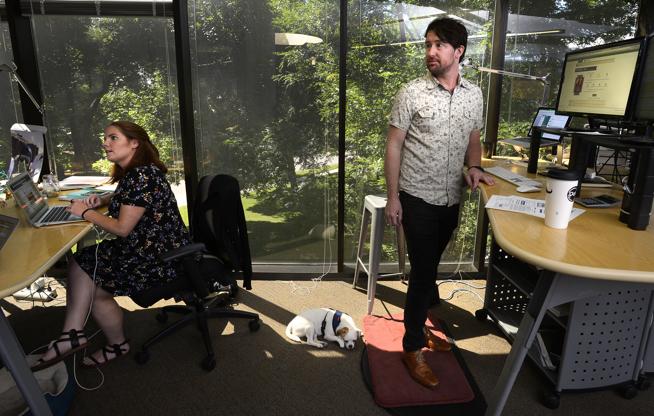In a 2-1 decision, the U.S. Court of Appeals for the District of Columbia Circuit has upheld the FCC‘s Open Internet Order, which was issued last March and challenged in court shortly thereafter. The full text of the decision – 184 pages’ worth – is available here.
In a statement, FCC Chairman Tom Wheeler said: “Today’s ruling is a victory for consumers and innovators who deserve unfettered access to the entire web, and it ensures the Internet remains a platform for unparalleled innovation, free expression and economic growth. After a decade of debate and legal battles, today’s ruling affirms the commission’s ability to enforce the strongest possible Internet protections – both on fixed and mobile networks – that will ensure the Internet remains open, now and in the future.”
FCC Commissioner Ajit Pai disagreed. In a statement, he said, in part: “I am deeply disappointed by the D.C. Circuit’s 2-1 decision upholding the FCC’s Internet regulations. For many of the reasons set forth in Judge Williams’ [presiding judge on the case in the DC Circuit] compelling dissent, I continue to believe that these regulations are unlawful, and I hope that the parties challenging them will continue the legal fight. The FCC’s regulations are unnecessary and counterproductive.” Continue reading








